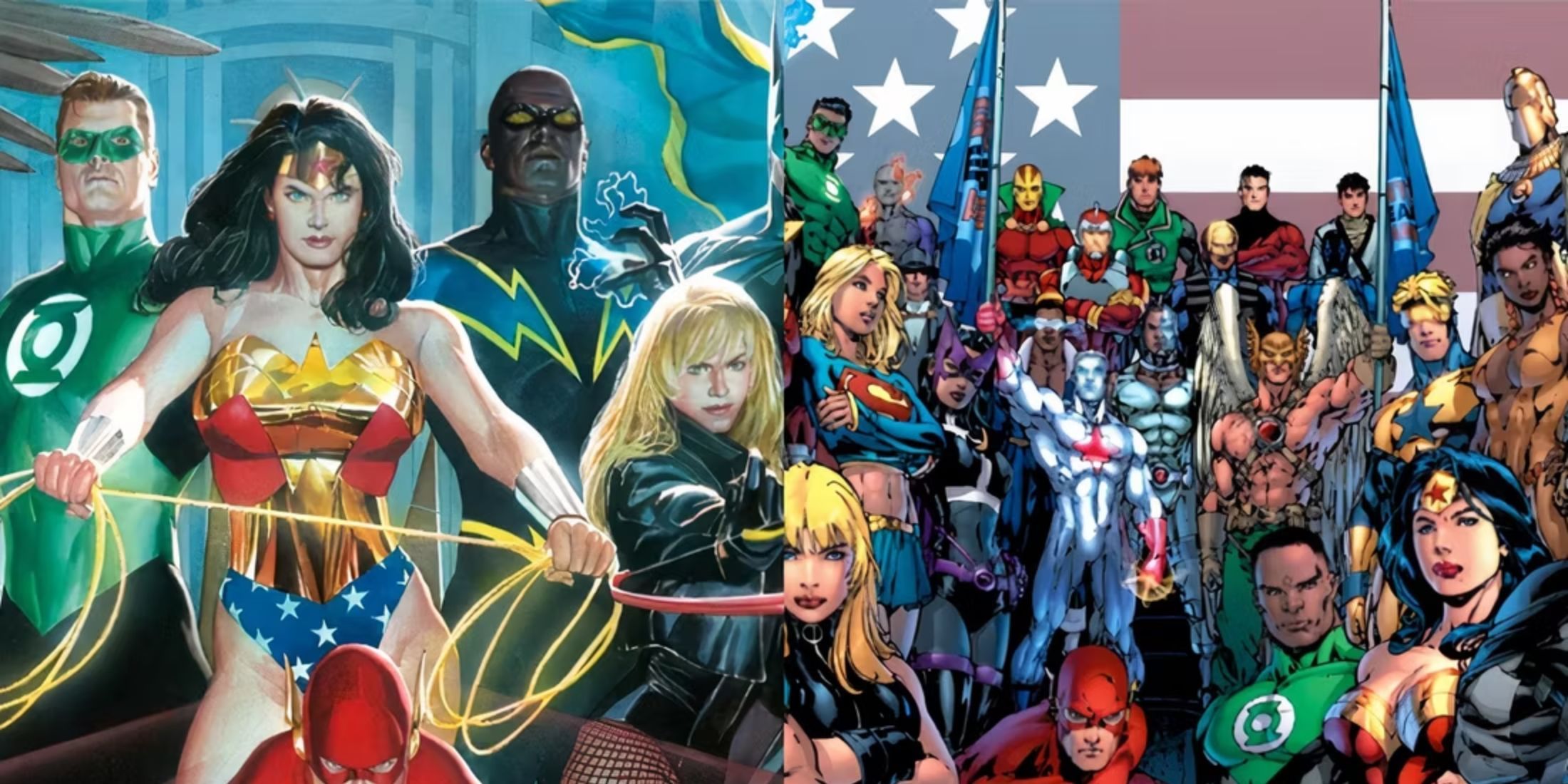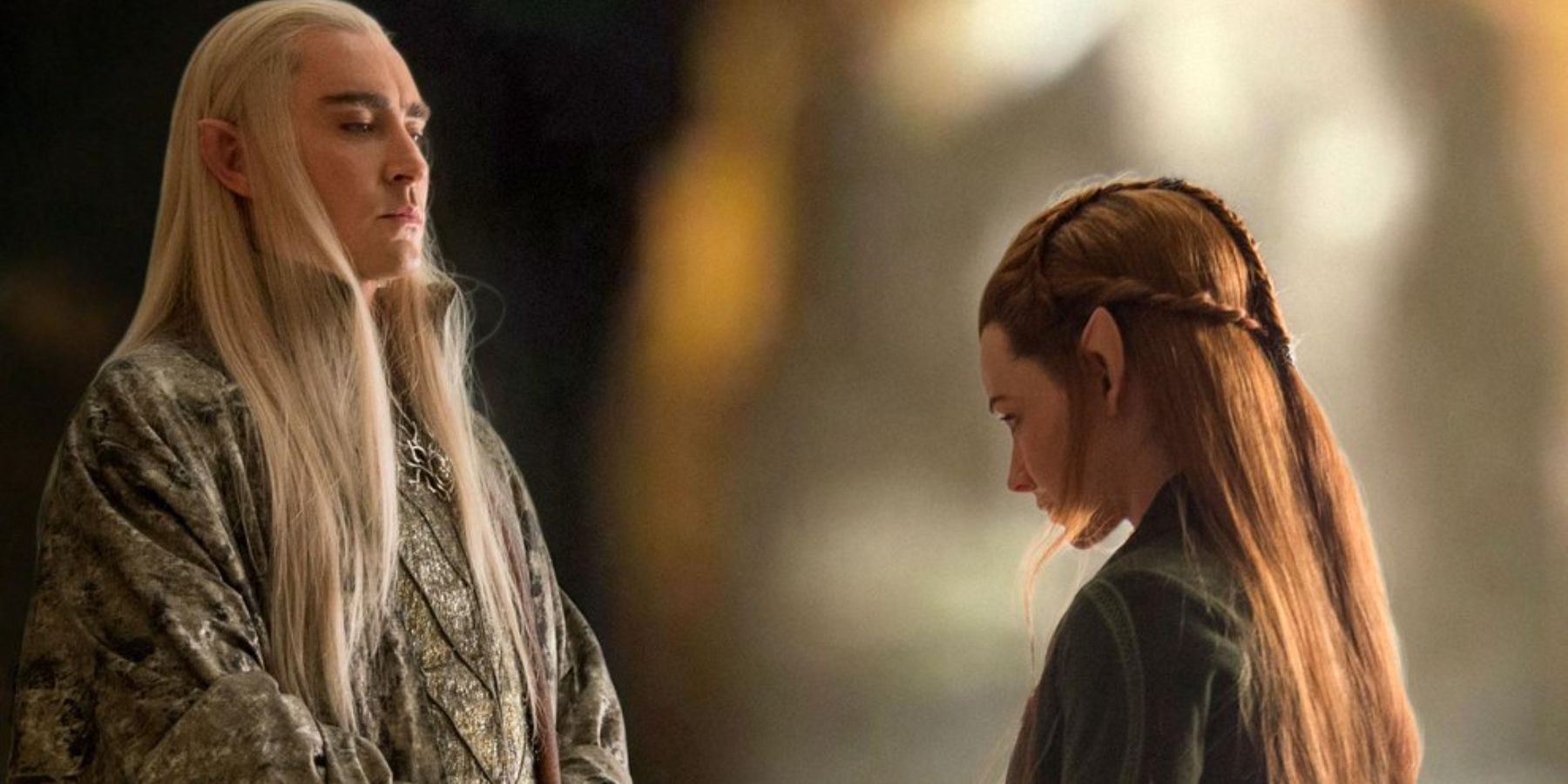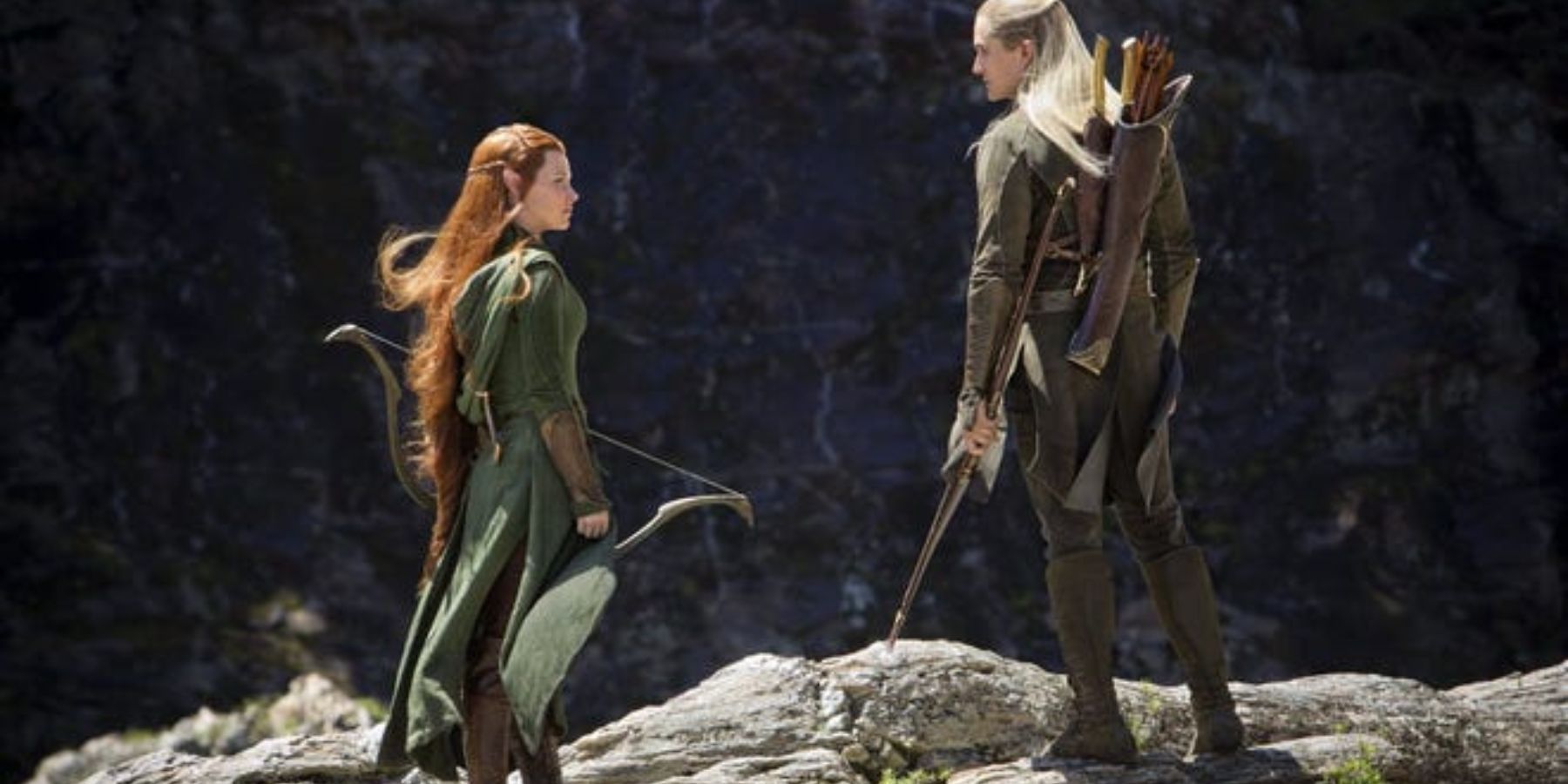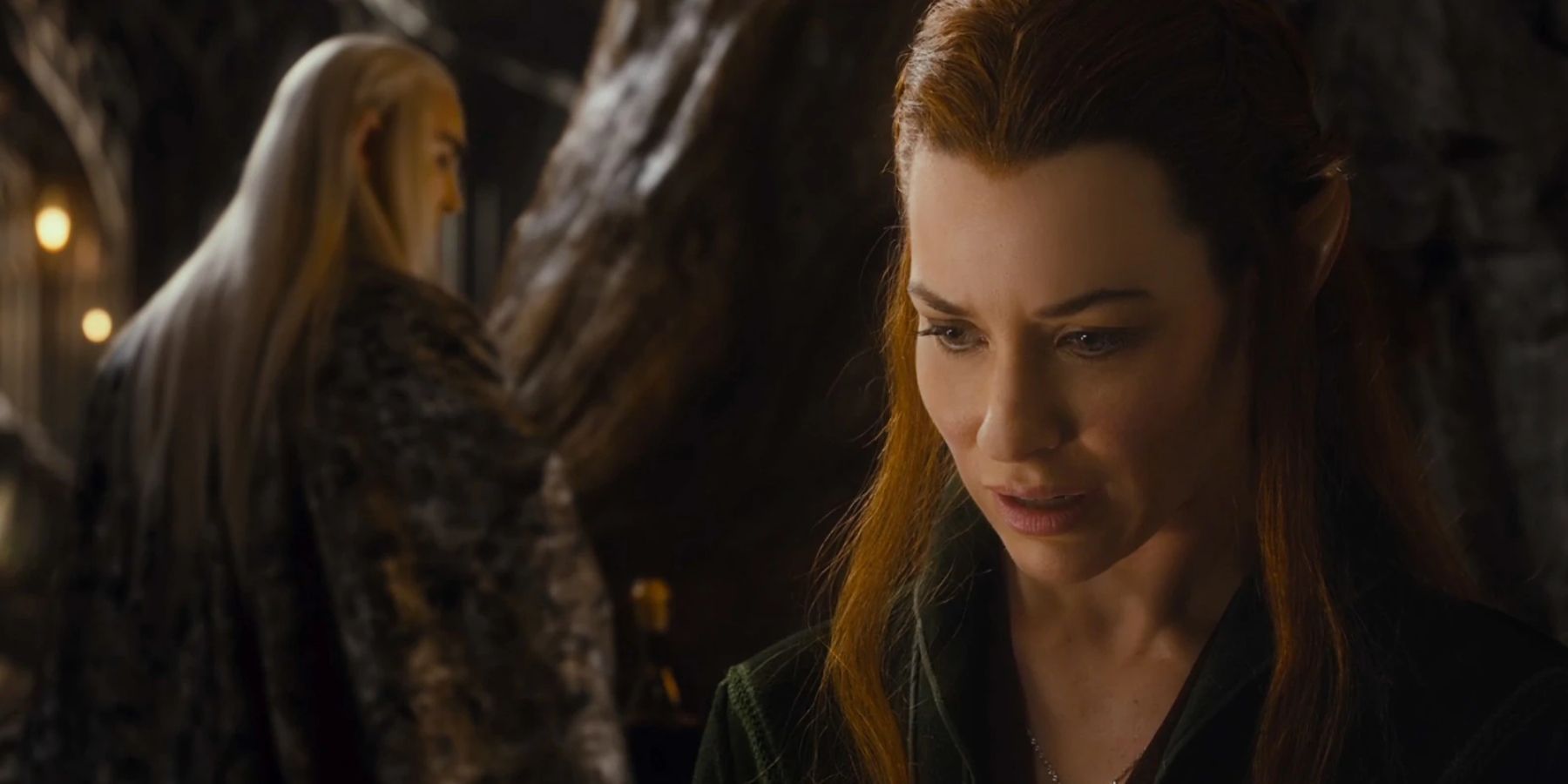One of the most complicated themes in The Hobbit movies is the love triangle that exists between Tauriel, Legolas and Filli. This is definitely a plot device used by director Peter Jackson, to elongate the films into a trilogy, and to add more depth and drama into the characters, and is in no way a part of Tolkien’s original books. Tauriel doesn’t exist in the text, she was invented solely for the onscreen adaptations, and Legolas doesn’t feature in The Hobbit book, and wasn’t written until much later, when Tolkien published the Lord of the Rings books.
However, despite these characters being non-canonical within the original story, fans worldwide were sucked in by the romance and the drama, and were keen to see the outcome of which strapping man the she-elf would choose. Although in many ways, the love story detracts from Tauriels otherwise strong and immeasurable character, it did in some ways make her far more steely and determined when it came to the disapproval of Thranduil, Legolas’ father. Despite his obvious scorn of her as a suitable partner for his son, Tauriel’s resilience and tenacity shone through.
It does seem strange though, that the king would not want his son to be betrothed to such a beautiful, skillful, and commanding warrior, a jewel among their people. Thranduil shows absolute disdain for this idea, warning her ‘do not give him hope where there is none.’ Not that Tauriel ever intended to, it seems clear that she doesn’t see Legolas this way, and that she has the greatest admiration and respect for him as a friend and the prince, rather than as a romantic interest. But why does the king of Mirkwood seem so against Tauriel, and so unnecessarily snide and cruel when it comes to the idea of her being in love (with anyone, not even just his son). There are a few possible reasons, though of course it is difficult to say for definite as this is an exchange that never happens anywhere in Tolkien's books.
There is a sort of in-movie explanation given, but it is one that many fans who have explored the nuances of the texts fundamentally disagree with. When Thranduil first broaches the subject of Legolas’ feelings towards the she-elf, which are becoming frequently more apparent, Tauriel stammers ‘I do not think you would allow your son to pledge himself to a lowly Silvan elf’ to which he replies ‘No, you are right, I would not.’
This is an oversimplification of a much wider context that doesn’t sit well with many, because although it is true that Thranduil and Legolas are Sindarin elves, and that the Sindar helped to lead and guide the Silvans (which may suggest that they are superior) the Sindarin actually grew and developed alongside their counterparts, adopting elements of their language and culture as they went. There was definitely not this disrespectful arrogance between the two races as suggested by the movies. In fact, later in the films, Legolas tells Tauril ‘my father has protected you, favored you.’ which shows that it isn’t necessarily to do with her race, but is explicitly to do with her perception of love.
This leads directly to another point, which is that of Legolas’ mother. It is clear that Thranduil has suffered great pain in losing his wife. Although very little is known about the identity of Legolas’ mother, she is referenced a few times in The Hobbit films, and a big part of the source of contention between Taurial and Thranduil is that she thinks him cold and unfeeling, and he thinks her naive and foolhardy. But in part, Thranduil is so aloof and distanced because losing the love of his life has left him with some trauma, and Tauriel is inexperienced in the realms of love up until this point because she has always focused on her responsibilities with the guard, but that doesn’t mean she is incapable of recognizing what love looks like when it finds her, which is something that Thranduil can’t seem to grasp.
It could also have something to do with her social standing within their society, that she is in essence a ‘working class’ elf, and he is a prince, and therefore it might not be deemed appropriate or acceptable for them to court. Perhaps Legolas was intended for a marriage with an elf maiden of another realm or kingdom, to strengthen alliances and further his bloodline, but he never does marry, even after the War of the Ring, and retires to the Undying Land alongside Gimli, his dear friend, when all the other elves fade out of Middle Earth, and the Age of Men begins.






